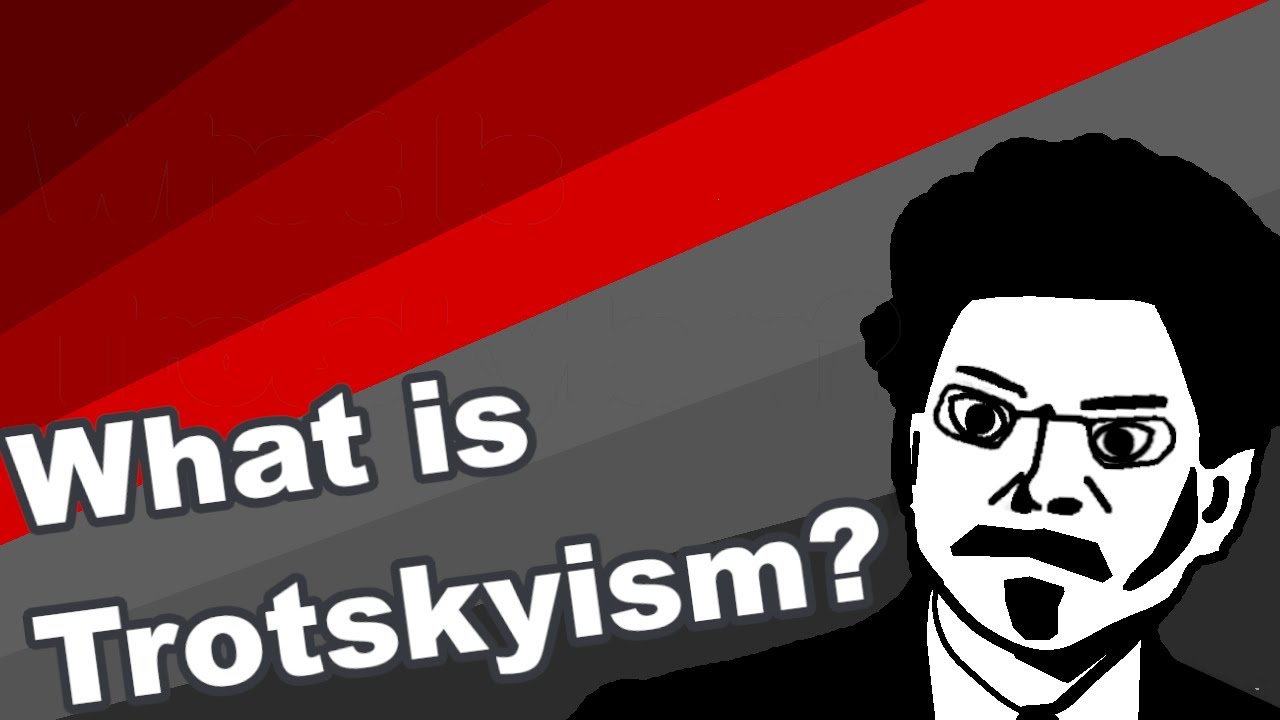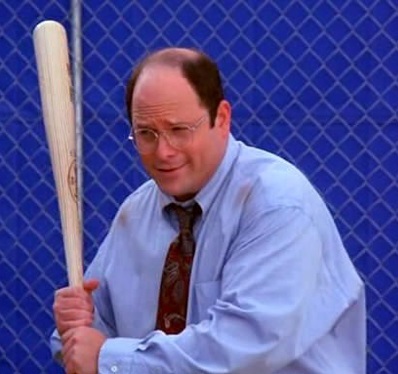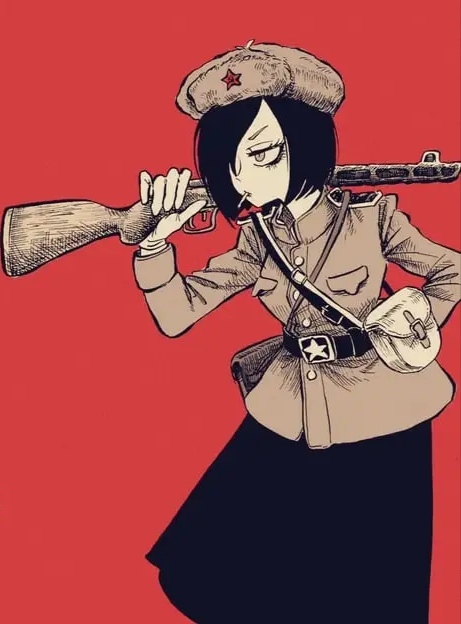Viki makes the argument that it’s basically the same as Leninism. Is it just because he hated Stalin?
Trotskyites should have reconciled with the ML movement after the death of Stalin. The fact that they haven't gives me ~weird vibes~. I don't know how else to explain it.
That's the big issue I still see with Trots, their core theory doesn't deviate that much but theres still absurd amounts of old divisions and hostility, like I was part of a trot group for about 6 months and while just out having a drink they would do mini rants about how Stalin was barely literate and an awful speaker and thats why Trotsky should have been leader and shit like that.
Trotsky was the most qualified candidate for General Secretary in the history of the Soviet Union!
Its so bizarre as well cause IIRC when Stalins personal library was looked through there was a total of 20,000 books spread around several locations and many with heavy annotations so the idea that Stalin was somehow less intelligent or merely more "politically shrewd/intelligent" than Trotsky just sounds like a huge cope.
There is a LOT of Stalinist butthurt, yes. But it isn't just that.
There are a number of specific differences from both Stalinism and "Orthodox" Leninism of both the War Communism and NEP eras. Most of these are specific points on Soviet policy. In fact, Trotskyism as a school of thought was initially formed more in opposition to the continuation of the NEP and the Bolshevik Right-faction than against Stalin.
Broadly, Trotsky wanted another crack at taking Poland and 1-tagging Europe in a wave of revolution, everyone else was concerned that the Soviet economy was in full collapse from 6 years of external and internal war, and had no allies and no prospects for revolution elsewhere. He lost, hard.
But there are some important theoretical differences. Permanent Revolution which is kind of complex and basically states that under Imperialism Bourgeois-democratic revolutions in the third world are impossible, and the peasants are passive, so the Socialist nations must militantly help the working classes of those countries to take power, including by openly supporting communist revolutions in the imperial core.
The pessimism with regard to Peasant revolutionary potential is why Maoists, who often otherwise broadly agree with some Trotskyist positions, have found it difficult to unite with them.
There's also a restricted role of the Nomenklatura and a (theoretically) expanded one for workers councils, which is why so many Trotskyist groups call Socialist states "Deformed/Degenerated/State Capitalist/Bureaucratic Collectivist" (depending on what split they are)
Why were the Worker Councils abandoned? They seem like a good idea along with stuff like having an armed proletariat.
They weren't. Soviets had significant power and workplace democracy had at least some input over the entire life of the SU. This is even more true in places like Cuba that continue a real grassroots democratic program.
But the party largely had political power over them, especially at higher levels such as setting regional quotas. A Trotskyist would claim that this lead to a stifling Bureaucratic elite that prevented true worker democracy. A standard Marxist-Leninist would say that Party direction was needed due to consolidate the underdeveloped Socialist economy and prevent hostile elements from causing reaction, and any issues were caused by members of the Right Faction in the early 30s preventing an expansion of party membership to make it more democratic.
including by openly supporting communist revolutions in the imperial core.
After the British massacres of communists in WWII Greece, the USSR liaison was nicknamed the Sphinx for his poker face.
Trotskyism is printing newspapers, and the more newspapers you print the more Trotskyist it is
don't make eye contact...don't make eye contact...oh fuck he saw me :side-eye-1:
Hi I'm with the International Internationalist Socialist Tendency Organization of the 9th International.
I always saw trotskism as a variant of ML, i dont think they have anything that makes them radically diferent, i think they mostly call themselfs a diferent thing because they just dont like stalin.
Hmmm. Communists should at some point study the Moscow trials enough to have an opinion on the matter. Trotsky was found to have been actively conspiring against the government of the USSR. Decades earlier he played a crucial role as a Bolshevik leader in the October revolution. From where I sit Trotskyism is the leftist faction that says the quiet part out loud. The quiet part of course being antistalinism. An even more interesting question is: is antistalinism/antisovietism the same as anticommunism?
While the cold war was still going on it absolutely was functionally the same as anticommunism, and now its basically obsolete and only serves to occupy people with trying to win moral victories in decades to century old conflicts, pretty much all of which has no side being more moral.
The only IRL trotskyist group that i know refuses to do praxis and only sells newspapers. Also they had extremly weird takes about Navalny.
The only Trotsky I’ve ever interacted with is Chacha’s infamous Enver and she turned out to be a nazi.
Wait she was a nazi? I knew she was... interesting but I didn't know about that lmao






